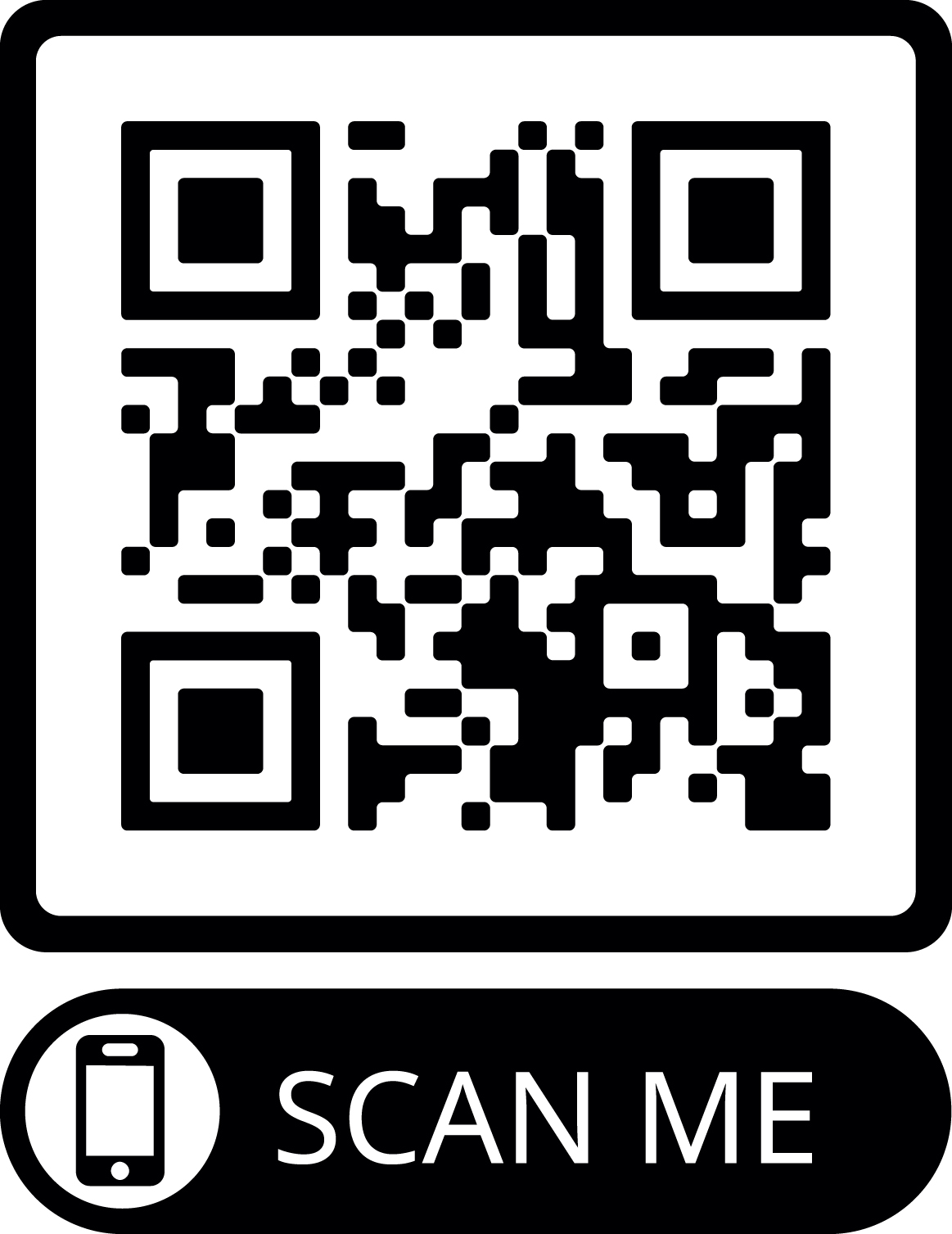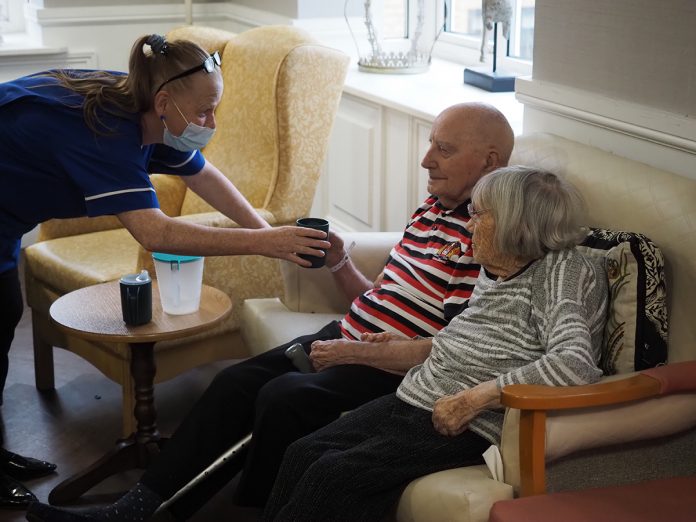Aquarate’s revolutionary fluid intake monitoring technology is helping to eradicate the problem of dehydration in the elderly community
No matter what care setting you are involved in, it is vital that hydration levels are kept to an optimum to keep bodily functioning properly and ensure we look after the people.
Hydracare for Domiciliary care
We all want our loved ones to stay in the comfort of their own homes and live independently for as long as possible. But as we age, bladder and kidney function deteriorate, and we usually need to go to the loo more often. Many medicines have a dehydrating effect and need more fluid intake than normal, which is often forgotten.
Keeping them hydrated can avoid many unpleasant side effects and illnesses and should be simple but is often overlooked. Aquarates Hydracup is a simple smart cup that discreetly tracks fluid automatically. The data is sent to an application that carers can log into remotely and see exactly how much an individual has drunk. This allows you to act in real-time, nudging the person you are caring for to have another drink… and you can see whether they do or not!
Our team will come and set everything up so all you need to do is simply swap out their current mug with the Hydracup. With wobble, spill and pour detection, you’ll always get a real reflection of what they have drunk.

Hear what some of our customers and users have got to say:
89-year-old home user: “Living with various medical conditions, it’s really important to make sure I drink plenty of water to keep hydrated. The Hydracup is a great solution: it is easy to drink from, feels comfortable to hold and lets me know exactly how much liquid I’ve consumed each day. A really great product!”
Wirral Council: “Preventing dehydration is a pressing concern as it can lead to unnecessary hospital admissions and functional decline for residents. We are looking forward to working closely with Aquarate as they provide this digital solution, whilst seeing the benefits for the user, the care provider, and Wirral Council.”
NRS Healthcare: “This is really good news, there is a pent-up demand for hydration monitoring products in Torbay and any development to further the Aquarate offering can only bring health benefits to those who are unable to manage their liquid intake. The Aquarate offering differentiates between drinkers so that more accurate monitoring is possible.”
Hydracare for intermediate care
When leaving hospitals, it is estimated that 62% of older people who were admitted to the emergency dehydrated, were still dehydrated 48 hours after admission highlighting the lack of priority given to patient hydration in hospitals.
The average stay in intermediate care beds is 27 days in the UK with a daily cost to the NHS of £400-£600 per person, per day. Studies suggest that monitoring fluid consumed more and having optimum hydration levels in intermediate care, can decrease the length of stay significantly.
As well as saving the NHS money, reducing the time patients stayed in intermediate care notably reduces staff time for hydration tracking. Manually filling out a paper-based fluid chart is both timely and inaccurate and with Aquarate’s data integrated straight into your care management system, you can see fluid data alongside other records.
Hear what some of our customers and users have got to say:
Nurses at Liverpool Royal Hospital: “We have to ask the patients what they have had to drink and relies on the patient remembering which is often not possible. For those unable to remember, the system relies on staff being around when drinks are collected, which is not always practical. To have a digital system in place would help to improve the accuracy and eliminate some of the factors affecting the current process of manual completion.”
Dr Mike Fisher, CCIO at Liverpool & Broadgreen University Hospitals Trust: “We are proud to be working with Aquarate. We are using 21st-century technology to solve a very old patient safety problem, employing sensor-enabled devices to monitor a patient’s fluid balance to improve the quality and safety of their care.”
Stefano Bustini, ST5 Doctor at Liverpool Royal Hospital: “The NHS is an organisation in which staffing levels can sometimes be limited and where huge amounts of data need to be processed and analysed. Hydracare would reduce the time staff spend manually recording fluid balance data for patients, thus freeing them for other tasks. It would increase the accuracy of patient fluid balance data, which would contribute to increased patient safety.”
Hydracare for care homes
Although dehydration is an easily preventable condition, staff shortages and inadequate staff education can lead to dehydration-related morbidity, mortality, and impaired quality of life in care homes.
20% of older people in UK care homes are dehydrated and common causes of hospital admissions are UTI’s, AKI’s and falls & fractures- all of which can be relieved by proper hydration.
Being properly hydrated also improves skin conditions, wounds, marks, and bowel movement, which is a huge problem in care homes, especially for residents who take medication for pain relief which makes constipation worse. Ensuring residents drink enough fluid reduces individuals’ dizziness and drowsiness and increases the cognitive function needed to see each person’s character.
Within care homes, manual fluid balance sheets are still used which are time-consuming and hard to keep accurate. On average, a carer spends 6 minutes per day, per resident monitoring a resident’s fluid this way. This presents a huge potential saving in staff costs and would free up time for other caregiving tasks. Using the Aquarates Hydracare system to track fluid consumption can also reduce medication needs drastically and provide vital data required by the CQC for proving the care home is meeting their resident’s hydration needs.
Hear what some of our customers and users have got to say:
Gail Howard, Manager of Lakeside Care Home: “We want to focus on spending quality time with our residents, rather than watching what they do! My staff will be motivated by this new tool! Being properly hydrated should improve residents’ cognition and hopefully, they’ll be more likely to get involved with activities and stimulating exercises. We’re also really excited to give them more independence and allow them to drink their drinks at their own pace.”
Omair Haider, Managing Director of Millennium Care: “We chose to partner with Aquarate because we recognise how fundamentally important good hydration is to the overall well-being of those in our care. We are impressed with the seamless integration of the Hydracup with real-time data and technology that allows us to monitor, and trend analyse data for more responsive care.”

Get in touch
Aquarate is rolling out the Hydracare system to care homes across the country and are working with hospitals to ensure smooth integration of data straight into their chosen care management system. We are in discussion with over 150 councils to implement hydration monitoring into the community.
If you want to get involved and see how simply swapping to our cup can improve the people’s lives that you care for, get in touch for a demo.
Please note: This is a commercial profile
© 2019. This work is licensed under CC-BY-NC-ND.












